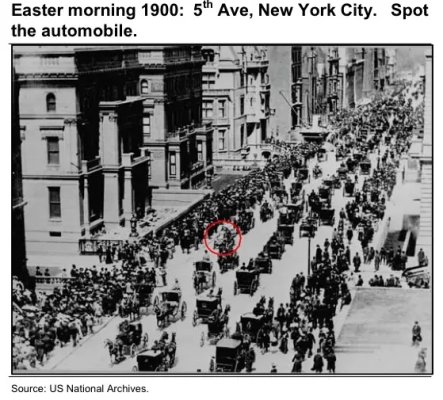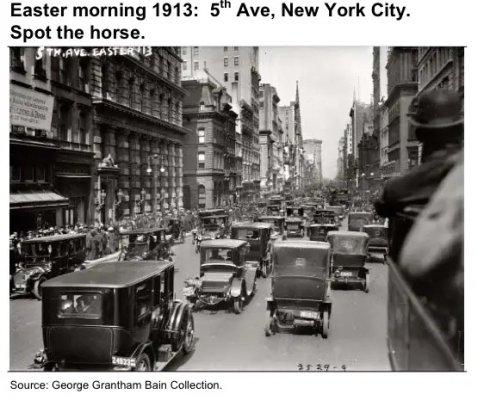I skimmed through Parts 1 & 2. Have not watched Part 3.
It's easy to talk about "disruptive technologies", but to turn the idea into a successful investment is not.
On this forum, a while back I made a comparison between Cisco and Hormel. Yes, Hormel, the guy who has been making Spam for 85 years and will continue to do so for the foreseeable future.
Back in the late 90s, everybody knew the Internet and the Web were going to be BIG. Some of us still remember that Cisco was destined to be the 1st trillion dollar company. Of course, more things have been done on the Internet than I could picture back then.
Yet, if you put $10K into Cisco and Hormel in Jan 2000, what would you have now, as of Nov 1, 2022?
Cisco: $11,936
Hormel: $140,173
Source: Portfolio Visualizer, growth numbers are with dividends reinvested.
PS. The above numbers are in nominal dollars. Here are the numbers with inflation adjustment. Cisco could not keep up with inflation.
Cisco: $6,768
Hormel: $79,482




